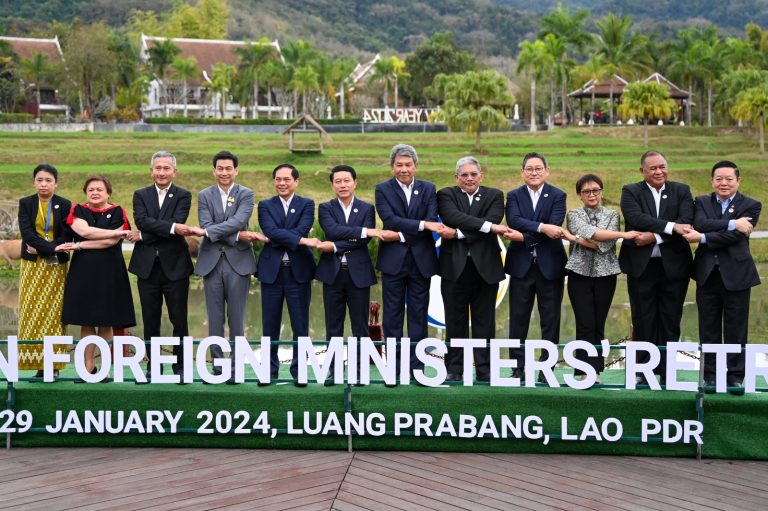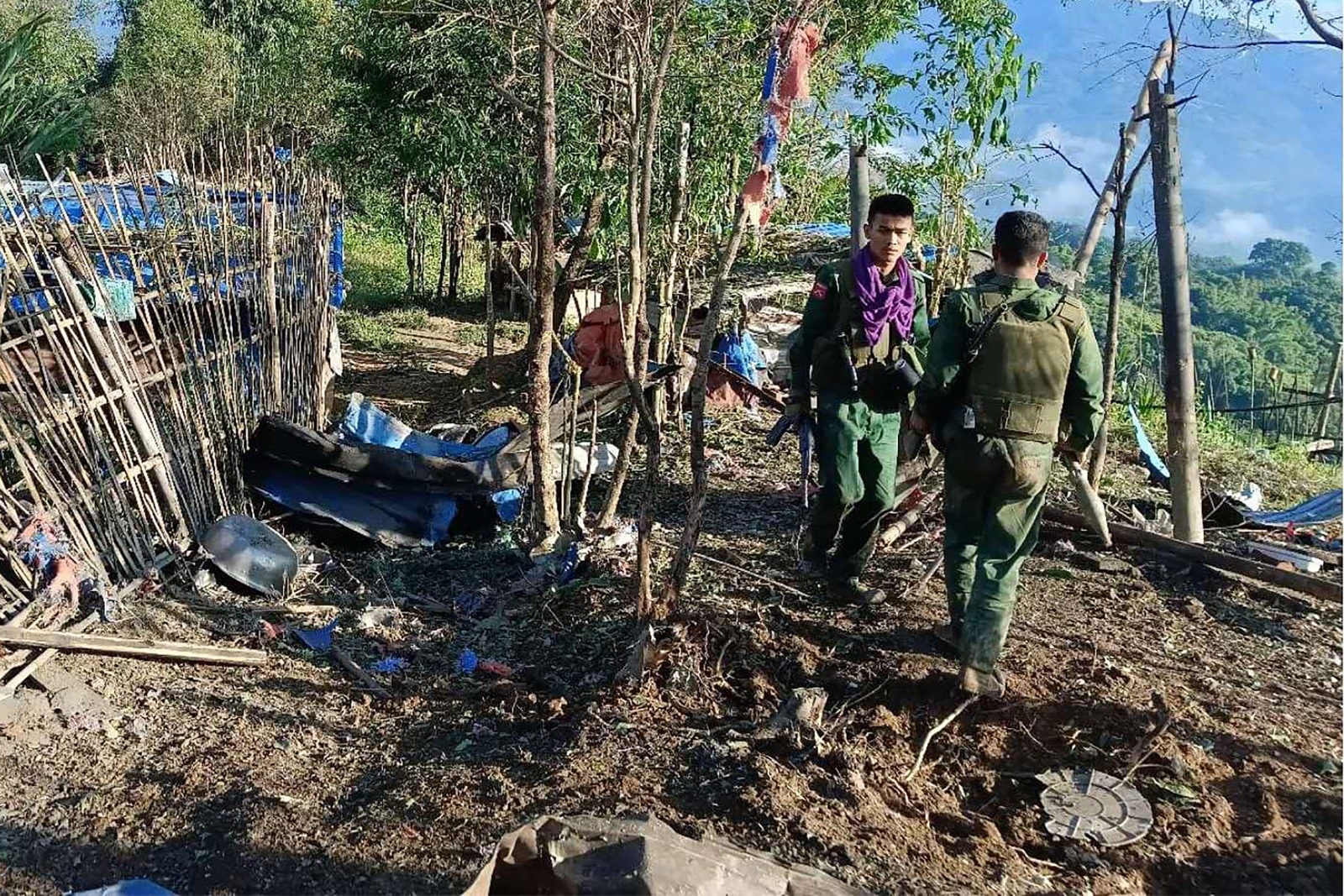By OLIVER SLOW | FRONTIER
PHNOM PENH — China’s ambitious Belt and Road initiative was a hot topic of conversation on the second day of the World Economic Forum on ASEAN, where speakers urged Southeast Asian leaders to embrace the opportunities it presents, but to not rely too heavily on Beijing.
The initiative, which was first announced by Chinese President Xi Jinping in 2013, aims to rebuild the ancient Silk Route to connect China with Europe via Central Asia.
On Sunday, he will host dozens of world leaders aimed at further boosting the initiative, which in its current form will include the construction of new highways, railways, ports, airports and a maritime route along six Asian economic corridors.
“I think China has a long-term strategy, which demonstrates that it wants to take advantage of successful economic growth in this region and beyond, and the One Road strategy is a perfect example of that,” said Mr John Rice, vice chairman of General Electric. “We don’t see it as a threat, but an opportunity.”
Support more independent journalism like this. Sign up to be a Frontier member.
There has been concern among some countries in Southeast Asia about China’s increased influence in the region. In Myanmar, Beijing is heavily involved in the country’s protracted peace process and is also eyeing several multi-million dollar projects including an increased stake in the Kyaukphyu special economic zone.
Some observers have expressed concern that the Belt and Road initiative could allow Beijing to further exert its influence over Southeast Asia.
“Geopolitics is part [of China’s motivation], but it is also about trade, commerce and integration,” said Mr David Wijeratne, Growth and Markets Centre Leader of PwC, who will soon release a 90-page report about the initiative.
“Obviously it does align with China’s policy, but it’s not just geopolitics, it’s a myriad,” he told Frontier on the sidelines of the forum.
“I think it’s important when companies and countries are thinking about the route, that they look at the context of what the goals are, and don’t just look at it purely from a geopolitical sense.”
Mr George Yeo, former Singaporean Minister for Foreign Affairs, said Southeast Asian countries should capitalise on the opportunities the initiative offers, but not rely too heavily on China.
“There’s a certain fear that [countries] will become too dependent on China, that China will control and manipulate you,” he said. “The key is for Southeast Asia countries to be promiscuous. Yes, be close to China but never be exclusive to China.”
Cambodian Prime Minister Mr Hun Sen officially opened the WEF on Thursday, where he appeared on stage alongside Philippines President Mr Rodrigo Duterte.
Speaking at a press conference before the opening ceremony, Hun Sen defended his government’s close relationship with China.
“During the time of the world financial crisis in 2008, the Chinese and Indian economies remained robust. If the Chinese economy had collapsed at the same time as those of the US and Europe, then the world would have faced difficulties. China not only solved their own problem, but has been helping the region.”






